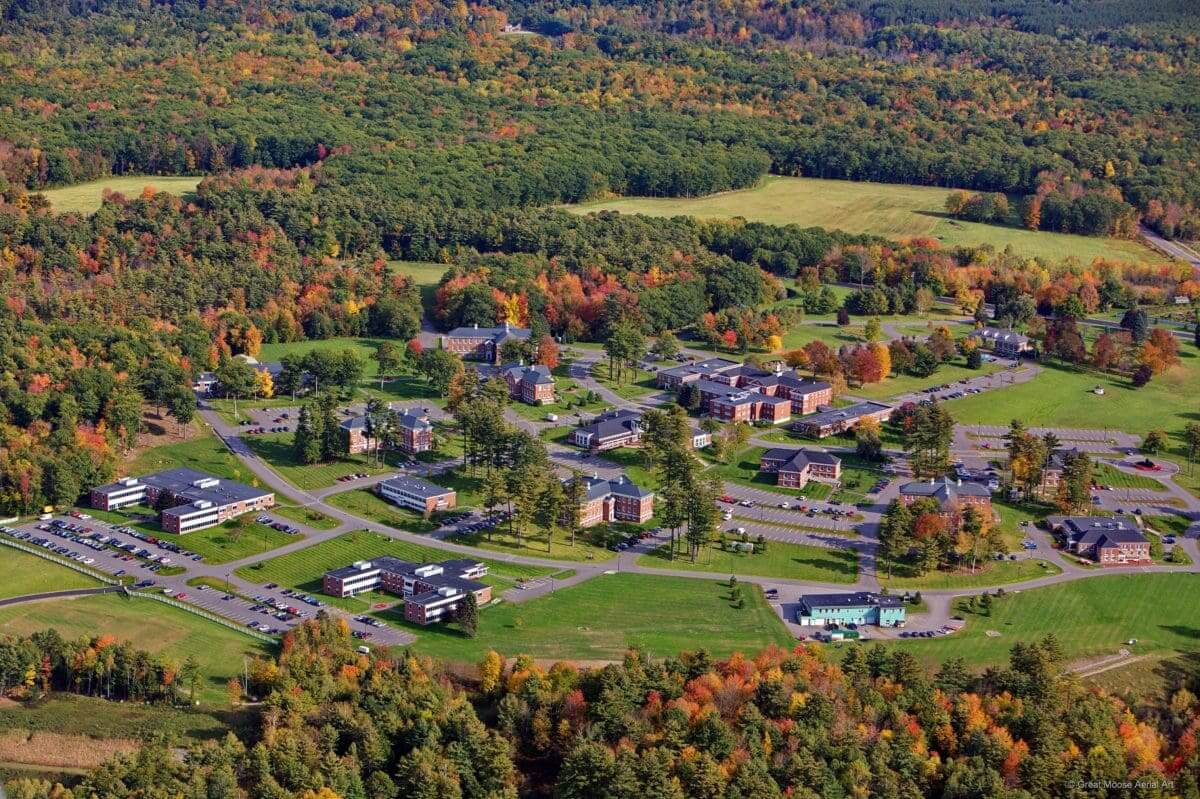

Choosing between an associate degree vs bachelor degree is not a decision to be taken lightly. Higher education is an investment, so picking the right type of degree for you can save money and ensure you get the most value out of your education.
Both associate’s and bachelor’s degrees can expand your career goals and earning potential, but the best one for you depends on numerous factors including the occupation you want and the amount of time and money you want to invest in your education. In addition to explaining the difference between an associate’s and a bachelor’s, this article answers commonly asked questions such as, “Can you get a bachelor’s degree before an associate’s?”

Jumpstart your environmental career with an online bachelor’s degree from Unity Environmental University.
What’s The Difference Between An Associates And A Bachelor’s Degree?
The major difference between an associate’s degree vs bachelor’s degree is that an associate’s degree takes less time to earn and is considered a lesser degree compared to a bachelor’s. Some colleges offer both associate’s and bachelor’s degrees. For example, Unity Environmental University offers both as part of their in-person programs; however, they do not offer full distance learning for associate degrees.
Large universities often offer bachelor’s degrees but not associate degrees. Conversely, community colleges/junior colleges offer associate degrees but not bachelor’s degrees. Many students earn an associate degree at a community college and then transfer to a university to earn a bachelor’s. This helps save money on the cost of tuition as community colleges are cheaper.
What Is An Associate’s Degree?
An associate degree is the lowest level of higher education degree. An associate degree is typically two years of full-time study. Most programs require 60 credits to graduate, half of those required for a bachelor’s. Therefore, an associate degree is usually cheaper than a bachelor’s degree.
It’s also easier to gain acceptance into associate vs bachelor degree programs. If you had less-than-great grades in high school or earned a GED, an associate degree may be more in reach for you. Later, you could transfer to a four-year school and potentially use your credits from your associate degree towards a bachelor’s degree.
Technical institutes often offer associate degrees focused on specific occupations. These programs are ideal for recent high school graduates looking to enter the workforce quickly and for experienced professionals who want to make a career change. You can find different types of associate degrees for environmental professions at Unity Environmental University’s Technical Institute.
What Is A Bachelor’s Degree?
A bachelor’s degree is the next level of higher education degree after an associate degree. On average, it takes four years of full-time study and 120 credits to complete a bachelor’s degree. Some jobs require a bachelor’s on higher, especially if they involve leadership or research.
Even if a desired job doesn’t require a bachelor’s degree, bachelor’s degree holders may have an advantage over other candidates. Furthermore, a bachelor’s degree increases your earning potential. According to a 2021 study, full-time workers with a bachelor’s degree earn $20,000 more per year on average than workers with an associate degree.
Additionally, some students, particularly young students, choose to pursue a bachelor’s degree to have the traditional college experience. Most community colleges and technical schools do not offer on-campus housing or the same level of resources that four-year colleges and universities typically offer.
Associates VS Bachelors: Key Differences
The key differences between associate’s and bachelor’s degrees are the number of credits required to earn the degree, the total costs of the degree, and the career opportunities and earning potential for each degree. Keep in mind that these factors will also vary depending on the institution and field of study, so the differences below should be considered an overview.
- Length Of Program: It takes about two years to earn an associate degree and about four years to earn a bachelor’s degree. However, some schools offer accelerated programs, and if you are taking classes part-time, it will take longer to earn your degree.
- Cost: Bachelor’s degrees are more expensive due to higher tuition and more required courses.
- Career Opportunities: Typically, bachelor’s degrees open up more career opportunities, and the unemployment rate is lower for those with a bachelor’s.
- Estimated Career Wages: On average long term, the higher your degree is, the more money you will earn annually.
Common Questions About Bachelors VS Associates
Sometimes the question is not associate vs bachelor’s, but whether you should get an associate’s first and then a bachelor’s and what are the perks of having both. Here are some frequently asked questions about types of degrees:
- Is an associate’s degree an undergraduate degree?
Most people think of undergraduate degrees exclusively as bachelor’s degrees, but associate degrees are also considered undergraduate degrees. - Do I need an associate’s degree to get a bachelor’s degree?
You do not need an associate’s degree to get a bachelor’s degree. Many students go straight from general education like high school to earn a bachelor’s degree. - Can you get a bachelor’s degree before an associate’s?
You can get a bachelor’s degree before or after an associate degree. While it’s uncommon, you could theoretically go back to school to earn an associate degree after you have a bachelor’s if you want to gain extra skills or certification.
Environmental Career Opportunities With An Associate Degree
Looking for a job that gives you a sense of purpose? With an environmental career, every day, you are working to help protect the planet and the people, plants, and animals that call it home. There are many rewarding, in-demand environmental career paths that only require an associate degree.
- Veterinarian Technician
- Data Analyst
- Environmental Science and Protection Technician
- Animal Shelter Attendant
Environmental Career Opportunities With A Bachelor Degree
Earning a bachelor vs associate’s degree opens up more opportunities for lucrative environmental careers. If you aren’t sure which environmental occupation you are interested in, a bachelor’s degree in environmental studies can provide a solid foundation and meet the educational prerequisites for many entry-level positions.

Unity Environmental University Offers Both Associate And Bachelor Degrees To Kickstart Your Environmental Career
Whether you want to gain technical skills to enter the workforce as soon as possible or build a strong academic background for a career in environmental research, Unity Environmental University has a degree program for you. Unity Environmental University offers bachelor’s degree programs 100% online so that you can study from anywhere in the country.
Or, you can study in person at our Technical Institute for Environmental Professions to get an associate’s degree. Still not sure which degree is right for you? Use Unity Environmental University’s program search feature to find a career based on your passions.



